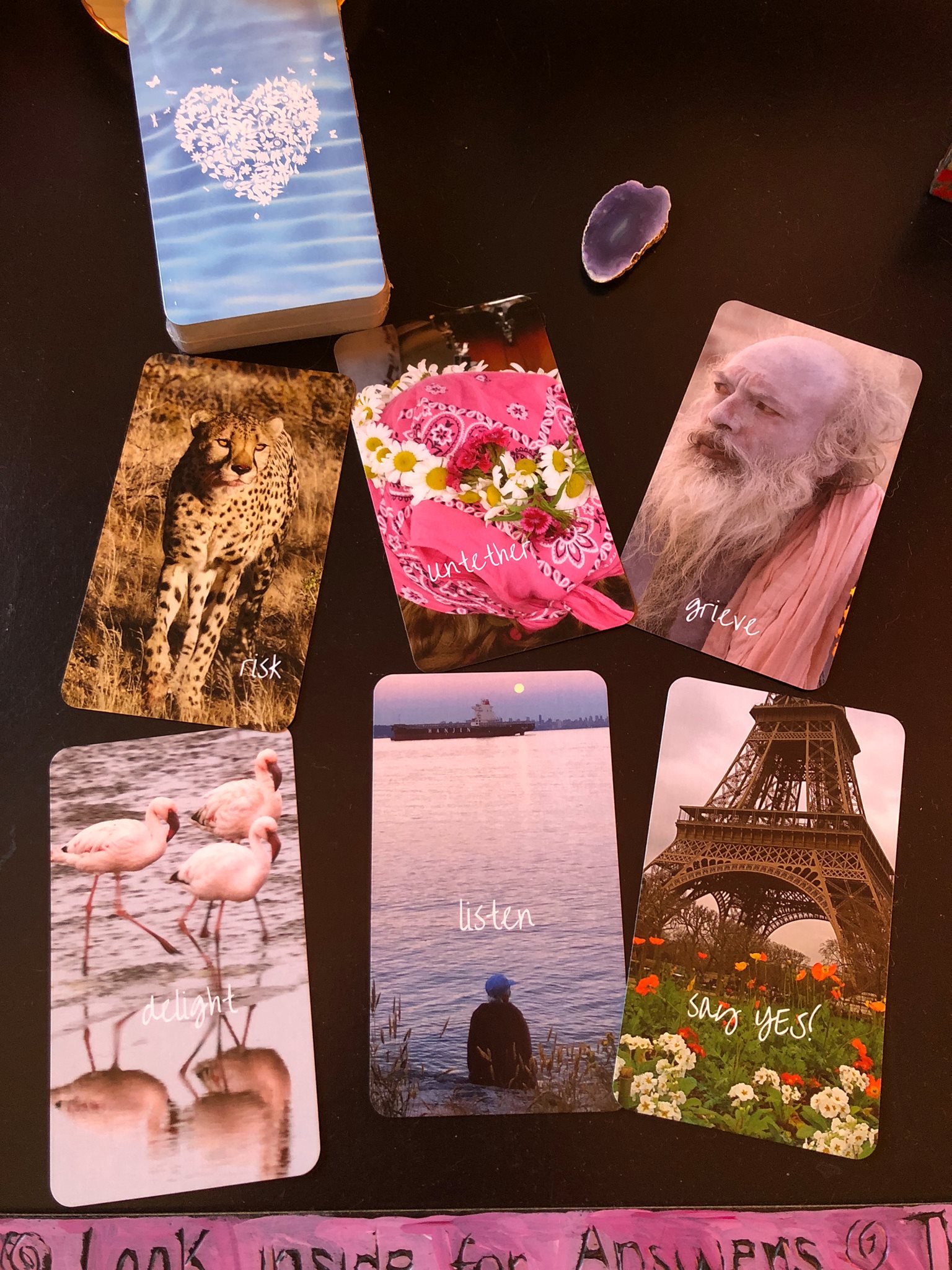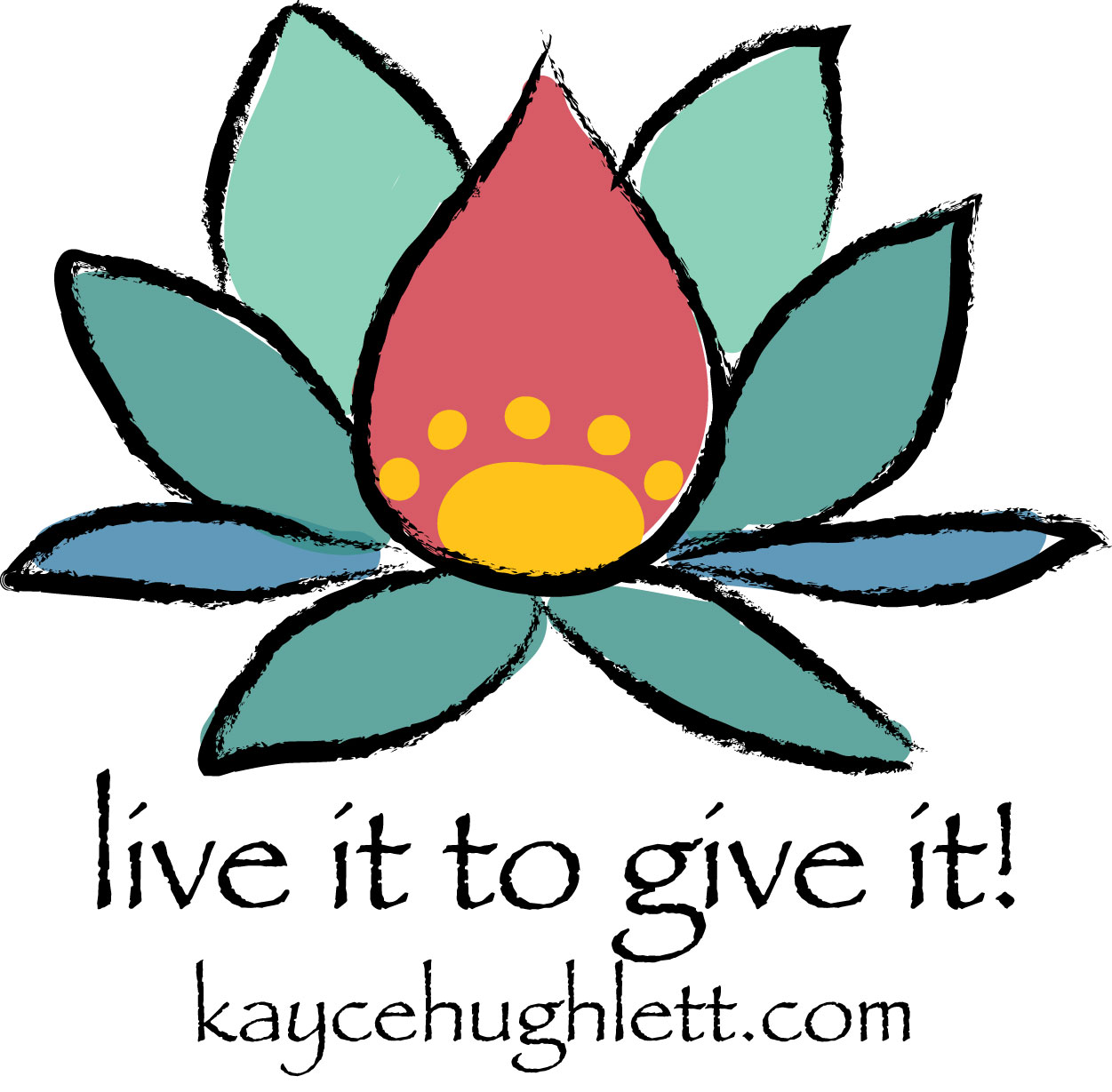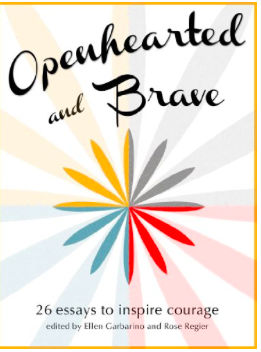Doubt and the Bible
 Saturday, March 3, 2007 at 2:52 PM
Saturday, March 3, 2007 at 2:52 PM 
Today while reading Tess' post on scripture, I was reminded of my own struggling with the Bible and how to personally reconcile what I believe to be God-inspired and the inerrent truth and that which is potentially the product of man's interpretation.
It was in graduate school that I was first introduced to the concept of hermeneutics. Much discussion was made of our personal hermeneutic and what we bring to the text as well as historical considerations, context, etc. In my religious upbringing I always considered that others had studied this before me and they, therefore, knew the "right" interpretation of what I was reading. There was little room for doubt or opinions that differed from the "correct" interpretation.
I remember in graduate school, however, becoming more brave and writing a paper on one of the gospel stories while really listening to my heart and bringing my own interpretation to the text. The grader was a bit taken aback with his more traditional view as I had stepped out of the box. He actually commented that I seemed to value my own opinion over that of the Gospel writer. While i certainly did not profess my interpretation to be the "right" one, I do believe it could be considered at least a possibility--particularly for me in that moment. Who's to say that one man (or woman's) interpretation is more correct than another's?
Today after reading Tess' post, I listened to a podcast with historian Jennifer Michael Hecht on her book, "Doubt: A History." She had some great comments on how doubt has actually shaped much of the great religions. I particularly like this quote from social reformer Elizabeth Cady Stanton:
"When I first heard from the lips of Lucretia Mott that I had the same right to think for myself that Luther, Calvin and John Knox had, and the same right to be guided by my own convictions and would no doubt live a higher, happier life than if guided by theirs, I felt at once a newborn sense of dignity and freedom. It was like suddenly coming into the rays of the noonday sun after wandering with a rushlight in the caves of the earth."
This quote gave me hope that it is okay to question the Bible while still holding it at the center and core of my spiritual beliefs. I believe God does want us to live with a sense of "dignity and freedom" rather than oppression and fear. Questions of doubt are often extremely hard to discuss with Christian friends because there seems to be so much fear around questioning and doubting that every bit of the Bible is not "literal." Is it possible that God inspires us (you and me) today just as he inspired the Old Testament prophets and the New Testament writers? What if the Bible is fluid and not stagnant? Can it be the ultimate Truth without being rigid and unforgiving?
It's a bit scary to throw these questions out there, but they seem so important to me right now. Maybe it's the season of Lent and further reflection. Who knows, but I hope you will join me in the conversation.
"Somerset Cross" photo by bill hughlett
 God
God 







